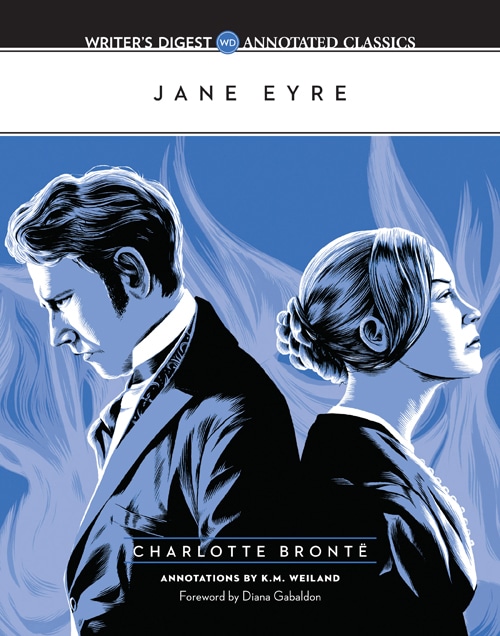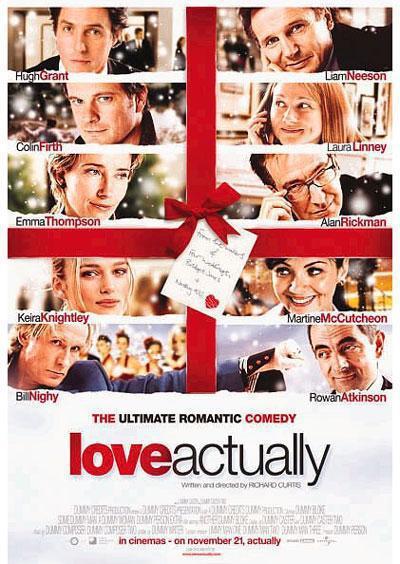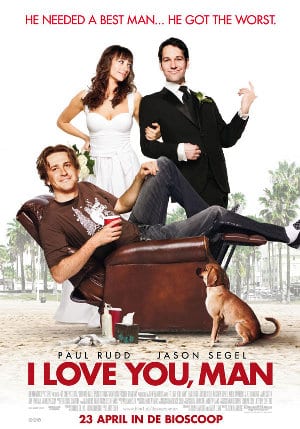
by K.M. Weiland |
What can ol’ fuddy-duddies like Charles Dickens, Jane Austen, and Charlotte Brontë teach us about writing successful modern fiction? Most of us think of the classics and groan over memories of boring high school textbooks. You may even be familiar with Mark Twain’s facetious (and rather ironic, considering his own status as a classic author) definition of a classic as a “book which people praise and don’t read.”

by Liz Bureman |
My friends and I were hanging out over the long weekend, and somehow we got started quoting Love Actually. I love that movie, and it’s probably one of my favorite holiday films, but I was thinking today of why I liked it so much. I finally decided that it’s because it tells so many different love stories and makes you care about every one of the characters involved. It can definitely be a challenge to keep up with all the intertwined relationships, but you get the gist of them pretty quickly.

by Guest Blogger |
I don’t know about you, but I truly believe that whoever said, “The real problem with reality is the lack of background music,” was really onto something.
We all love music, no exceptions (unless you are some sort of alien from a deaf planet, and even then, that’s pushing it). Music enhances everything: movies, showers, pool parties, workouts, spring cleanings, and even relaxation. It cannot be denied. Music stimulates our psyche.

by Liz Bureman |
Ahhh, the love triangle. Stephenie Meyer’s favorite plot device. When you’re writing a love triangle from a first person or third person limited perspective, it’s hard to write a lot of multi-directional triangles. However, writing from a third-person omniscient perspective gives you the freedom to explore the other two prongs of the love triangle.

by Liz Bureman |
Sunday was one of those rare days in Denver where it rained all day long, which completely justified my decision to lay on the couch, order takeout, and watch Netflix all day. My roommate and I finished the evening with a viewing of I Love You, Man, which I had never seen and am so glad I watched. Paul Rudd and Jason Segel are America’s boyfriends.
The main three relationships of the movie are a twist on a classic rom-com trope called the love triangle, with Paul Rudd trying to become friends with Jason Segel while planning his wedding to Rashida Jones. It’s highly entertaining, but it made me think about other plays on the classic three-character relationship models.

by Joe Bunting |
Sentence structure matters, no matter who you are.
You might be a student trying to get a passing grade on an essay, a guy trying to write a text to a smart girl without humiliating yourself, an employee writing a company-wide memo, or a writer working on your next book. When sentence structure gets out of whack, there can be consequences (no passing grade, no first date, no raise, no publishing contract).








